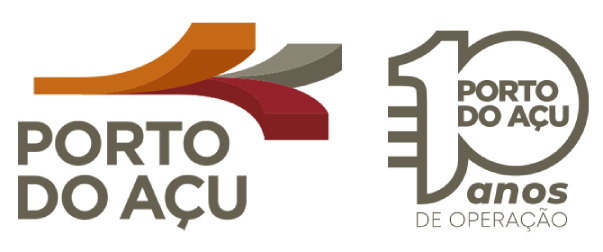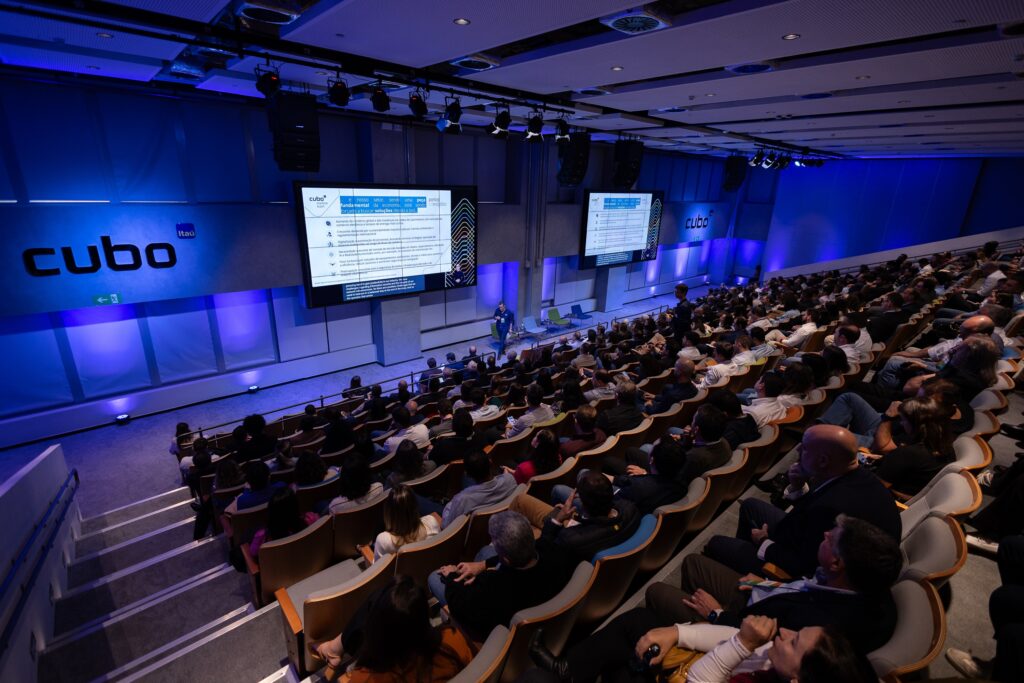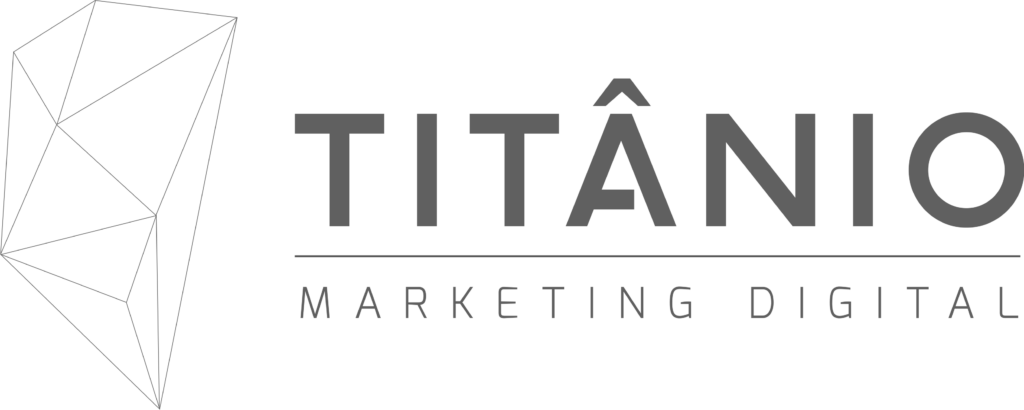Cubo Maritime & Port, an innovation-driven port and shipping hub operating in Latin America, created by Cubo Itaú, Hidrovias do Brasil, Port of Açu and Wilson Sons, announces a new international cooperation with Port Innovators Network (PIN). With ports based in Hamburg (Germany), Valencia (Spain) and Halifax (Canada), PIN promotes innovation in the global port ecosystem, connecting communities to set benchmarks and share ideas, project results, innovation experiences, methodologies and best practices.
This is not the hub’s first international collaboration. In 2023, it partnered with port-maritime hub Pier71, from Singapore, where one of the world’s largest and most modern ports is located. The hub’s programs in Singapore have impacted more than 100 startups from various countries. Resulting from this cooperation, Desmond Tay, from the Maritime & Port Authority of Singapore (MPA), provided the community with content about smart ports and technological application cases in Singapore. Additionally, some important actions have been taken by the two hubs since the beginning of the joint work, such as the onsite participation of Cubo Maritime & Port startups in Singapore in PIER71 programs, and the participation of Singaporean startups in activities conducted in Brazil.
In the last two years, Cubo Maritime & Port has reported significant progress by technology firms. The hub includes 24 startups which, together, earned BRL 119 million in 2023 versus BRL 86 million in the previous year, up almost 40%, according to data collected for the Cubo Seal.
“Collaborations like this one attest to the relevance of daily work to promote sectors as relevant to the development of Brazil as the maritime and port sectors. That’s what open innovation is about: combining efforts to connect technology entrepreneurs to market challenges, powering up impact on a global scale,” says Cubo Itaú CEO Paulo Costa.
In addition to encouraging shiptechs, the hub works to help Brazil overcome historical “logistics bottlenecks,” benefiting foreign trade and the national economy. “We are moving forward. We want to support the port industry, understand the situation from North to South, our digital maturity, and what can be improved. And, thus, further support the implementation of the innovation agenda via collaborations with startups and by setting up port facilities directed to this end. The cooperation with PIN will further speed up this process, with the exchange of global experiences in port innovation,” says Eduardo Valença, director of digital transformation at Wilson Sons.
The new international cooperation is in line with the country’s logistical bottlenecks and the need to automate vessels and terminals; with technologies that allow larger ships to be received more safely; facilitated communication management; and predictability in operations.
“Port of Açu already uses many of these new technologies in its operations. It is one of a few ports in Brazil to offer world-class infrastructure and full predictability. The maritime port industry still has many opportunities and our objective is to support its development with innovation. Over the past two years, we have incorporated many startup solutions, which help us to pursue innovation and sustainability in the port industry,” says Vinícius Patel, Director of Port Administration at Port of Açu.
By exchanging experiences in international cooperation, the hub tries to tackle challenges in the application of major industry innovations that lead to higher logistical and operational costs, longer transit times, lower operational safety and impact on greenhouse gas emissions.
“Our work at the hub, conducted with other supporters, aims to leverage the development of the port logistics chain and the effective application of resources and technology. Today, innovation is increasingly present in operations, resulting in greater predictability and trust. With the new collaboration, we have the opportunity to transform challenges into opportunities. Our initiatives add strength and speed to this process. By working together, we can leverage innovation and boost the country’s economic and social development,” says director of innovation and technology at Hidrovias do Brasil Mariana Yoshioka.
Startups
The startups that are part of the hub include TideWise, which offers services to the shipping industry through unmanned robotic systems with solutions that optimize data collection and increase safety in operations.
In October last year, the startup received investments of BRL 10 million to improve the development of its technology. The main advantages of this type of vessel is the gain in productivity by allowing operations in adverse sea conditions. Furthermore, TideWise solutions reduce fuel consumption by up to 98%, and cut down on operating costs by up to 85% compared to conventional manned solutions of similar application, also reducing noise pollution and greenhouse gas emissions in offshore operations.
Another important factor is increased safety in operations. Manned work at sea is associated with several risks, as workers are exposed to adverse weather conditions, rough seas and heavy equipment, for example. By using an unmanned vessel, TideWise provides greater safety, as it relocates human expertise from a potentially dangerous environment to a safe and controlled one.
With its autonomous vessel USV Tupan, Tidewise won the title of the first unmanned vessel operating in Brazil, at the Port Authority of Rio de Janeiro, in 2020. After this, the startup has become the first one to have the first Brazilian USV to operate abroad in a commercial operation carried out at the Offshore Wind Farm in Belgium, in 2022. In 2023, they have become the first offshore commercial operation using a USV in the Brazilian pre-salt region and the first to carry out hydrographic surveys in a commercial port in perfect harmony with the waterway traffic of Port of Açu.
With the Rio-based Remote Operations Centre (ROC) monitoring its unmanned vessels, and a team of operators in Brazil, Tidewise avoided the emission of 44,597 kg of CO² in 2023 compared to conventional vessels.
Another example is Flowls, a startup with an all-in-one logistics solution for system integration and automatization, and improved chain collaboration through data centralization. With these tools, last year it saved about 10 million in client stock, and significantly reduced extra costs (storage and demurrage). For some clients, demurrage costs were down to zero, representing significant reductions in logistics costs.
The main improvements included optimized time with the consolidation of information, process vision, Supply Chain flowchart, connectivity and a single communication channel.
The startup Logshare, winner of Cubo’s Golden Seal this year, allowed a reduction in carbon emissions from large shippers by up to 40% and costs by up to 30%, maximizing the concept of collaborative logistics through technology. In 2023, it established a strategic collaboration with the Port of Santos, the largest in Latin America, with the potential for 2.5 million freight shipments (optimizations) annually. Committed to sustainability and collaboration, Logshare’s main ambition is to build global scale and operate in different areas.
Dynamic draft allows Port of Salvador to receive 366-m container ships
Developed by the startup Argonáutica, the dynamic draft system will allow 366-m container ships to operate at Salvador Container Terminal, managed by Wilson Sons, making direct connections on long-haul shipping to Asian markets. This operation can be conducted by using the ReDRAFT system, which crosses vessel, wind, current, wave and tide data to optimize the use of access channels in situations of keel restrictions. Authorized by the Navy, represented by the Port Authority of Bahia, and endorsed by the port authority on May 8th, the ReDRAFT system will be operated, maintained and updated by Companhia das Docas do Estado da Bahia (Codeba) on an experimental basis for 180 days.
About Cubo Maritime & Port
Set up in July 2022, Cubo Maritime & Port is an initiative of Cubo Itaú in collaboration with Wilson Sons, Port of Açu, and Hidrovias do Brasil. It provides an integration between the different ends of the ecosystem to boost innovation in the maritime and port industry in Latin America, a market with great potential, and welcoming international shiptechs to work and share their experiences with Brazil. Currently, more than 24 startups with industry-specific solutions in the growth and scale-up stage are part of the hub. Technology entrepreneurs and corporations interested in generating business, gaining efficiency and improving market performance, promoting a digital culture and making greater socioeconomic impact, can apply throughout the year. For further information, visit: https://cubo.network/hub/maritime-port.



